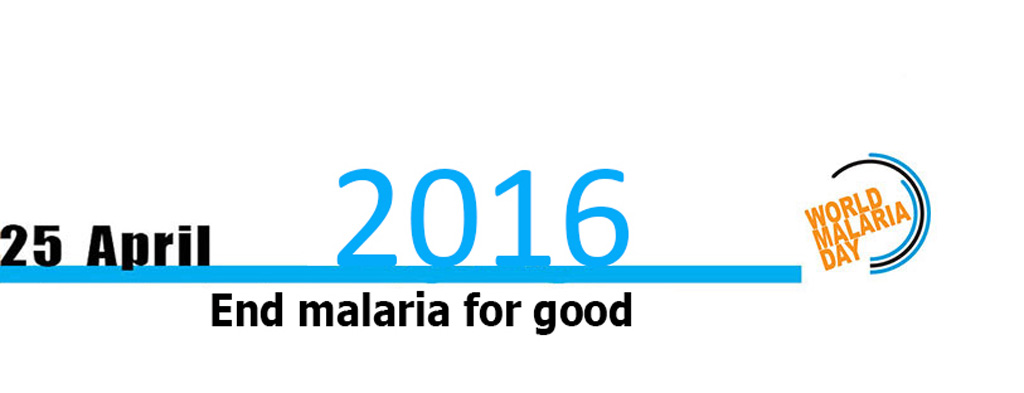
April 25 is World Malaria Day. The theme for 2016 is 'End malaria for good.'
In 2015, the World Health Organization estimated there were about 214 million cases of malaria worldwide.
"Malaria remains one of the most important parasitic infections in the world and poses a major risk to maternal and child health." says Stephanie Yanow, associate professor in the School of Public Health.
 Yanow is an expert in parasitology and has studied malaria for 11 years. Most recently, she is focused on studying malaria infections in pregnant women in Latin America.
Yanow is an expert in parasitology and has studied malaria for 11 years. Most recently, she is focused on studying malaria infections in pregnant women in Latin America.
In Latin America, four million women and their babies are at risk of malaria each year, but malaria in pregnancy is often overlooked.
In a paper recently published in Trends in Parasitology, Yanow and her colleagues discuss trends and made recommendations for managing malaria in Latin America.
Malaria in pregnant women is associated with a host of health issues, such as babies born with low birth weight, congenital malaria and maternal illness.
Pregnant women may also have dormant infections. This makes them more difficult to detect and to treat. Some medications are not safe to use during pregnancy. This means that pregnant women can become sick again and begin the cycle of malaria infection all over again.
The burden of malaria is much greater in Africa. This is especially true when compared to Latin America, where many countries are approaching elimination of the disease.
In Africa, countries are focused on accurate testing and prompt treatment. Latin American countries are more focused on control and prevention of malaria, as well as testing and treatment.
What we learn about controlling and eliminating malaria in Latin America can help provide solutions for developing strategies for more severely affected areas, such as sub-Saharan Africa.
Yanow and colleagues have recommendations for addressing malaria in pregnant women in Latin America.
First is to improve access to antenatal care for women throughout Latin America. This is particularly important in Indigenous groups and those living in remote areas, such as the Amazon basin. Improving diagnostic tests for low-grade infections is also key. Yanow also suggests exploring safe ways to treat dormant infections in pregnant women.
"You could think you've eliminated all malaria infections across Latin America. But a year later, a pregnant woman could show up with full-blown malaria, due to the parasites lying dormant in her liver. The whole cycle can start again," explains Yanow.
To better understand how malaria impacts pregnant women, Yanow says we must better understand what happens over time.
"We're currently conducting a study of pregnant women in Colombia. We follow them through their pregnancy and collect blood samples each month. We determine if and when they are infected with malaria, their immune response and, after birth, clinical outcomes for the mother and the baby," explains Yanow.
Studying areas, such as Latin America, that are controlling and working to eliminate malaria can provide insight and techniques for managing malaria in other areas around the world.
"Our research is helping us develop knowledge and techniques that could eliminate malaria in Latin America altogether. It could have the potential to be adapted and used around the world."